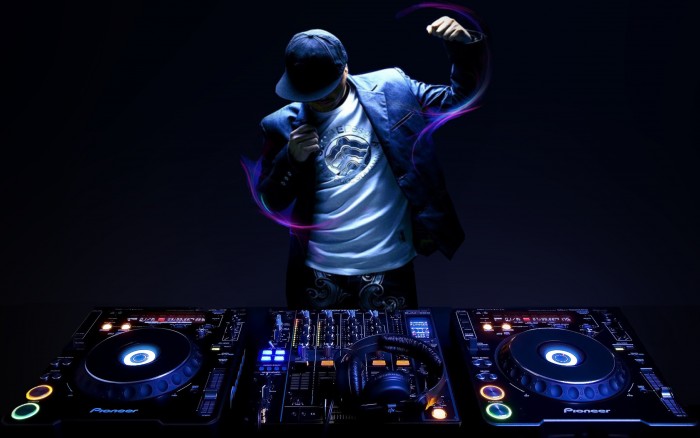How to Become a DJ

DJs create song mixes for audiences at dance clubs and other live events. Being a DJ is about more than just playing a sequence of songs, and many consider DJs performers and musical artists.
DJs select music to engage their audience and use specialized equipment to manipulate and blend songs together using techniques like beat matching, phrase matching, and scratching.
What kind of training is required to become a DJ?
DJs hone their skills through hours of practice with the hardware and software they use to mix music. Advances in technology have lowered the bar for entry in the field, as there are now many software options available to aspiring DJs. DJs typically use a combination of hardware and software to mix music, and part of their practice and training is learning how to effectively use their tools. While many still use vinyl records in hardware setups, software allows DJs to sample music in digital form. Each DJ develops their own preferences in the balance between hardware and software.
DJs must also learn some basic skills like fading and beat and phrase matching. Fading the volume on a track allows DJs to transition smoothly from one song to another. DJs also learn how to count beats and phrases in music in order to match up songs and mix them together. DJs also learn how to use their setup to isolate and manipulate components of a piece of music, like a bass line. Some DJs, or turntablists, learn how to scratch records. In scratching, the turntable is used like an instrument to create new music out of an existing recording. Scratching is an advanced skill and can take a great deal of practice to master.
DJs must also put in large amounts of time listening to and collecting music. For some, this means collecting records, but others create digital collections for use in their sets. Some use both. Creating a collection is an ongoing process and it requires both time and money.
Many DJs teach themselves, and there are many resources available online, including written and video tutorials. There are also schools across the country that offer classes for aspiring DJs. You can attend classes in person or pay for courses that are delivered online. No matter how you learn, experienced DJs emphasize the importance of performing regularly for live audiences to advance your skills.
Are there any certification or licensure requirements?
There are no certification or licensure requirements to become a DJ.
How long does it take to become a DJ?
It can take months of frequent practice to reach the level at which you can start earning gigs, and years of practice and performance to become successful.
What does a DJ earn?
The world’s most successful DJs can earn hundreds of thousands of dollars for one night’s performance, but the majority of DJs earn far less. DJs who perform at clubs and events can earn anywhere from $100 to $500 per performance, and possibly more depending on their experience and following. In general, wedding DJs can charge more per performance, but the investment required to perform at weddings is typically high.
What are the job prospects?
Because technology has made it easier for people to become DJs, competition for jobs can be strong. Many DJs work part-time jobs during the day to supplement their income while they are breaking into the field.
What are the long term career prospects for DJs?
DJs should always be learning new skills, bringing new music into their repertoires, and performing in front of audiences. The more experience a DJ gains, the more he or she may be able to charge to perform at clubs or events. DJs also advance their careers by building a following of fans. Building a following requires not only performing, but branding and promoting yourself in your community and on social media.
Successful DJs may go on to create and promote their own events. Some branch out into other areas of the music industry, doing things such as producing recordings for other musicians.
How can I find a job as a DJ?
Experienced DJs recommend getting started with small gigs, either performing for friends’ events or approaching club owners and promoters and seeking work during slower times. Building a network in your community and online can help you find DJing opportunities as well. There are many websites that allows DJs to upload their original mixes and share and discuss them with other DJs.
How can I learn more about becoming a DJ?
Resources for DJs can be found all over the Internet. Websites such as Digital DJ Tips, MusicRadar, Dubspot, Mixcloud , and DJ TechTools , among many others, offer resources like forums, blogs, equipment reviews, and interviews with DJs.
You can also learn more about DJing by talking to DJs in your area. Go to clubs and listen to DJs who practice different kinds of genres and techniques. Some may be willing to meet with you to talk about the path they’ve taken to their current position.